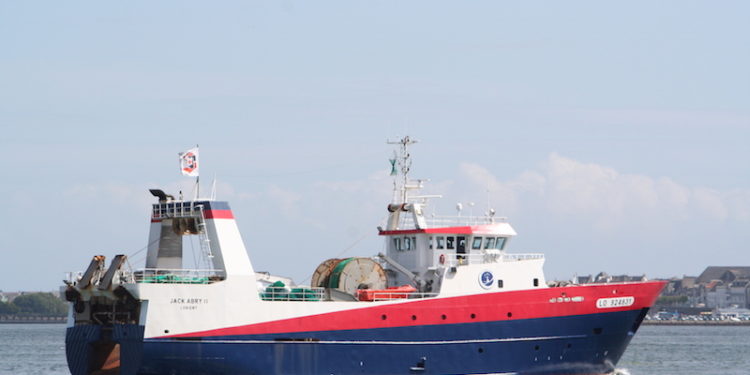An agreement has been struck between MEPs and EU Member States’ ministries to put into place a formal ban on fishing deeper than 800 metres, while fishing deeper than 400 metres is to be subject to restrictions.
This is the result of a long and hard-fought battle between industry and the opponents of deep water fisheries. In 2012, the EU Commission proposed measures that included the full phasing out over two years of deep-sea gears in contact with the sea bed. This proposal was rejected by the Council and the Parliament. Today’s agreement offers alternative protection measures, but it is difficult to be sure how much protection this offers to fishermen and fishing companies, although the effects in France will be limited as Scapêche, the main company involved in these activities, has already limited its deep sea fisheries.
The implications are that for fisheries deeper that 400 metres, the 2009-2011 fishing footprint will be frozen and limitations apply to vessels that land a catch of more than 8% of deep sea species during at least one year.
There are also stricter requirements included in the new package of measures, with Member States required to provide additional data for the EU Commission to adjust authorised areas accordingly, and there will be an increased requirement for vessels to carry observers.
The agreement now has to be approved by committee and a vote on it will take place in November.
‘I am pleased to have been able to complete negotiations on the basis of the compromise adopted by the European Parliament in December 2013 and in accordance with the mandate given to me unanimously by the Committee on Fisheries for represent Parliament,’commented MEP Isabelle Thomas, who has been active in fighting the industry´s corner since before the deep sea closure was first proposed and is a longstanding member of the EU fisheries committee.
‘For the record, the European Commission originally proposed an outright ban on fishing in deep waters. I for my part satisfied that we could find, in the name of sustainable development, a solution that takes as much account of environmental imperatives of socio-economic issues,’ she said, adding that this has been achieved, despite pressure from certain Cassandras.
‘The agreement reached is a sustainable compromise, balanced between the preservation of vulnerable seabed protection of deep-sea species and safeguarding thousands of jobs dependent on this economic activity. Deep fishing is now completely prohibited under 800 meters deep and limited to areas already exploited in the past,’ she stated.
‘I welcome the general atmosphere under which negotiations were conducted in November 2015, during the five trialogue meetings. Thanks to everyone’s efforts, we managed to resolve positions that sometimes appeared irreconcilable. I have always been convinced that it was necessary to focus the discussion on reason and science to achieve a consensus. This is therefore a welcome outcome.’









